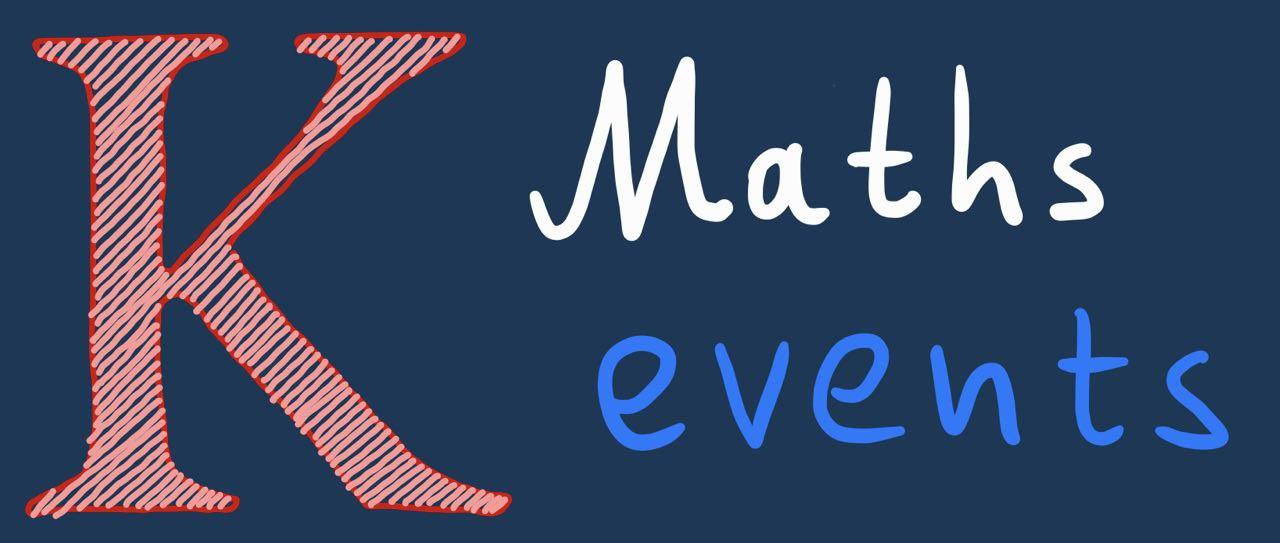KCL, Strand
room: S5.20
abstract: The term "affinity" in the thermodynamic sense dates back to the works of Theophile de Donder in the 1920s, where it referred to the chemical potential difference that drives a reaction forward, and quantifies the entropy production and fluctuation properties of the reaction. However, for coupled chemical reactions no single quantity exists that captures the direction, dissipation, and fluctuations of the reactions.
In mesoscopic experiments it is common to observe a single fluctuating current, while the complete set of currents describing the underlying system of coupled reactions is inaccessible. For such scenarios with partial information, we introduce an "effective affinity" associated with the observed current. Like the thermodynamic affinity of single reactions, the effective affinity quantifies dissipative and fluctuation properties of currents. Notably, the effective affinity multiplied by the current lower bounds the rate of dissipation, and the effective affinity determines the direction, first-passage, and extreme value statistics of fluctuating currents. To derive these results, we also introduce a family of martingales associated with generic currents in Markov processes. Keywords:
| 